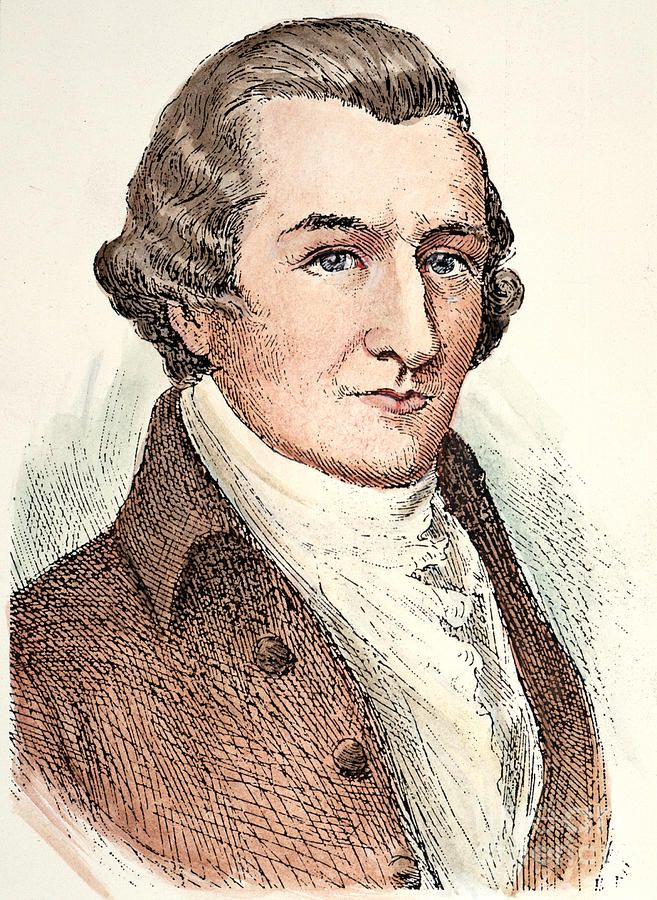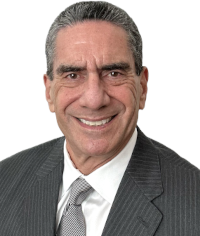NOTE: This Article Also Published @
| AmericanThinker |
Picture a politician campaigning before a typical audience of likely voters: “I hereby dedicate myself to cutting government in half, closing agencies, slashing entitlements, deleting regulations, and lowering your taxes — to give you the freedom and financial resources to start your own businesses and run your lives as you please.”
With rare exception, this candidate would be laughed out of the race and pilloried by the press, begging the question: Why is freedom so hard to sell? It’s simple: there are few customers for it.
 In 1623, to end massive starvation, Governor William Bradford of Massachusetts assigned to the Pilgrims of Plymouth Colony parcels of land to own and farm.
In 1623, to end massive starvation, Governor William Bradford of Massachusetts assigned to the Pilgrims of Plymouth Colony parcels of land to own and farm.
Prior to Bradford’s action, the Pilgrims were living the communal life; many starved: go-getters worked, while the slackers mooched.
Sound familiar? Once everybody was responsible for his own food, however, Plymouth prospered.
When freedom is optional, only adults, who are in the minority, choose it! Freedom, as they say, isn’t free. Like the slackers amongst the Pilgrims, many in modern America prefer to let others do the heavy lifting in exchange for freedom.
Every parent has experienced an irate child threatening to run away from home. The clever parent deflates the silly display of immaturity by ticking off the expenses — rent, food, gas, car insurance, clothing — the child will incur in her new life of freedom. Lo and behold, the tantrum ends; she relents to status-quo dependency.
Kindervoters
Judging by voters’ repeated choices — politicians promising and delivering free candy — they are no different than their children. Infantilized voters will not respond positively to adult messages.
In 1975, Nobel Prize-winning economist Milton Friedman wrote a monumental book with an adult message: There’s No Such Thing as a Free Lunch. Our national debt now clocks in at $17.3T, the price-tag of our infantilism, proving that Friedman was both right — and ignored.
Sweden, like America, is paying the price for its long-term practice of overindulging children. A notable Swedish psychiatrist and author, David Eberhard, observes that “permissive parenting has created a generation of arrogant young adults who lack social empathy, personal resilience, and, after a childhood of pampering, are destined to be bitterly disappointed in life.”
Children have no say in how they’re treated, but adults do: politicians can’t infantilize them without their knowledge and consent. So, when those in power treat voters like children, said voters think and behave, responsively and shamelessly, like children. Is it any wonder, then, that these “kindervoters,” groomed to be bitterly disappointed in life, respond most emphatically to continuous income-inequality demagoguery?
California’s Lottery Commission is running an appalling commercial to encourage gambling: wishing for candy. The campaign’s tagline is “Believe in Something Bigger.” Is the Golden State promoting entrepreneurship as something bigger to believe in? No, entrepreneurship takes work. Instead, it is asking its poorest citizens, who spend 9% of their income on lottery tickets, to become poorer — clearly not an adult message. Wish for candy. Vote for candy. Believe in something smaller.
So Darwinian
We see the candy-for-votes game being syndicated all over America — in towns, cities, counties, states, regions, and at the federal level. But, make no mistake, candy central is Washington, DC — known affectionately as DC.
DC, our nation’s capital, was not conceived as “the power center” of America. The Founding Fathers established this country as a republic of states, bereft of centralized power. Although the US Constitution gave Congress the right to create and run a capital city, the 10th Amendment proscribed the feds from taking power not specifically granted to them — like the power to mandate Obamacare. That ship has sailed.
Woodrow Wilson, president from 1913 to 1921, regularly disdained the Declaration of Independence and the Constitution, and sought endlessly to fundamentally transform America. In a 1912 campaign speech — “What Is Progress?” — Wilson proclaimed:
“The Constitution was founded on the law of gravitation. The government was to exist and move by virtue of the efficacy of ‘checks and balances.’ The trouble with the theory is that government is not a machine, but a living thing. It falls, not under the theory of the universe, but under the theory of organic life. It is accountable to Darwin, not to Newton.”
Despite his freedom-usurping rhetoric, Americans, especially blacks, elected Woodrow Wilson, who then segregated both federal civilian employees and those serving in the military. Ironically, today’s progressives, always the first to play the race-card, revere him. Princeton University, where Wilson was once president, has a school of public affairs named for him. So Darwinian.
Prior to the 17th Amendment, ratified in 1913 during Woodrow Wilson’s progressive reign, state legislatures selected their US senators — giving states representation in DC (after all, the states created DC). Afterwards, individual voters directly elected their US senators, and states have steadily lost their federal influence. Now, DC, especially the executive branch, rules almost every aspect of our lives, detrimentally so, Lord Acton’s admonition notwithstanding.
Don’t Care
What has DC become? DC literally means District of Columbia. Before July 4, 1776, the United States of America was called Columbia, the feminized form of Columbus. Today, we still have active remnants of that powerful moniker: Columbia University, Columbia Pictures, Columbia Sportswear, and many cities called Columbia. But, it ceases to have any national meaning.
 In reality, DC is the District of Candyland — where the denizens of Candyland, the dispensers of candy, the dealers of condescension, the doyens of cynicism assemble and rule (I won’t say work). Their motto: Don’t care.
In reality, DC is the District of Candyland — where the denizens of Candyland, the dispensers of candy, the dealers of condescension, the doyens of cynicism assemble and rule (I won’t say work). Their motto: Don’t care.
That’s right: dispensing candy means don’t care. Politicians condescend by pretending to care, by delivering candy (e.g., free birth control) for votes, and the infantilized fall for it. These doyens of cynicism deem Americans too stupid to manage their own lives. But, what, pray tell, is so warmhearted about causing dependence and unemployment and declining wealth? William Bradford displayed genuine caring by demanding freedom and independence — adulthood — from Plymouth’s inhabitants.
It seems oxymoronic to require freedom, doesn’t it? Not if the audience is comprised of children. Because so few Americans are buying freedom, smart politicians have to stop selling it. The message must resonate with the audience (Branding 101). Instead, they must figure out how to become William Bradfords.
While Americans continuously trade their freedom for candy, there will come a day when the dictator of Candyland threatens to rule unilaterally, with a pen and a phone, thus vindicating Milton Friedman. Don’t recoil, and don’t blame the dictator. The real culprit is staring back at you in the mirror.
POSTSCRIPT #1:
Obama Scrapes Bottom of Candyland Barrel
POSTSCRIPT #2: 93% of Adults Not in Workforce Don’t Want Jobs
POSTSCRIPT #3: 33% of Americans Know Nothing About First Amendment
POSTSCRIPT #4: Middle-Class Americans No Longer the Majority (12.10.15)
© 2014 Marc H. Rudov. All Rights Reserved.
About the Author

Marc Rudov is a branding advisor to CEOs,
producer of MarcRudovTV, and author of four books

